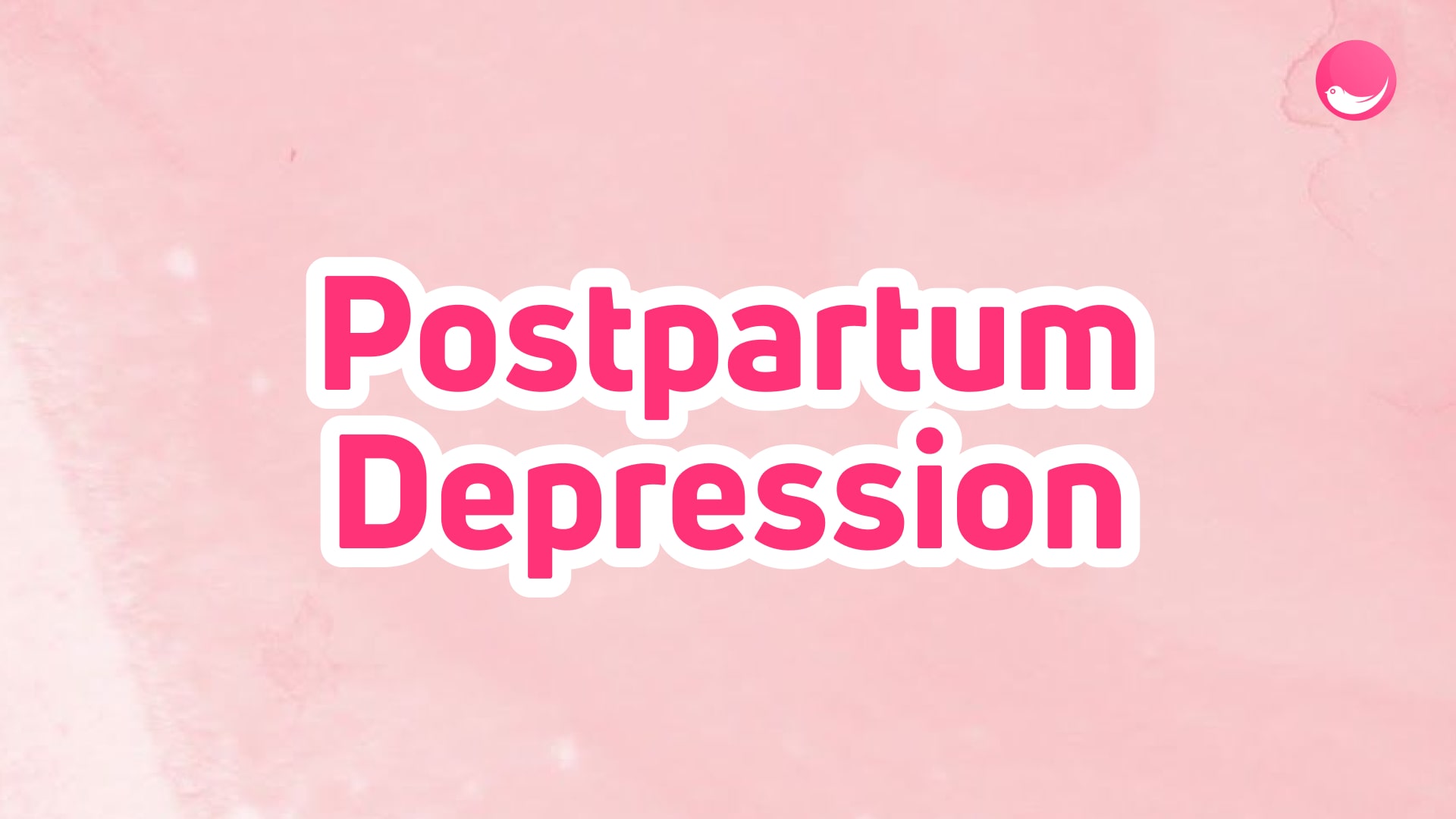Postpartum Depression
 বাংলা
বাংলা
Saleha has a dirty secret. Unlike other new mothers, she doesn’t feel any love for her child. She confided in her mother that she feels disconnected. Her mother said all women go through this and it will pass. But it’s been two months, and she still can’t be happy about her baby. She feels awful about it.
Like Saleha, many new mothers go through this depressive state. When you’re pregnant, there’s an increase in estrogen and progesterone levels. Once you’ve given birth, the hormone levels drop to normal all of a sudden and emotions become jumbled.
Most new mothers experience a sad period because of this. They experience mood swings, anxiety, periods of numbness and sadness, sudden crying fits, change in appetite and insomnia. This is called “baby blues’ ‘ and can last up to two weeks after the birth. This is what Saleha’s mother had experienced.
However, what Saleha had experienced is called postpartum depression (PPD). Unlike baby blues, the symptoms of PPD run deeper. They are more extreme and can last for months.
What is Postpartum Depression (PPD)
Postpartum depression is a mental disorder in which new parents usually feel extreme mood swings and detachment towards their newborn child. Even though PPD is common in new mothers, both parents can develop it.
A huge symptom of PPD is that you have a hard time connecting with your baby. The bond that exists between an unborn or newborn child doesn’t exist here. As a new mother, one of the common words one will hear is how strong the mother-baby bond is. So, it can be a terrifying and lonely feeling.
Other symptoms include crying several times a day, depression, detachment, extreme mood swings, isolating oneself, irritability, lashing out, and change in sleeping and eating habits. They also feel suicidal and numb. Extreme cases could lead to self-harm and wanting to hurt the baby too. PPD can last for a year if not treated.
Alongside these symptoms, mothers with PPD feel shame, guilt and bad fits of anxiety. They feel that they have failed and there’s no way out. Our society has glamorised the mother-child bond so much. If you feel like you can’t bond with your baby, recognise your behaviour.
Postpartum Psychosis
Another rare and extreme case of PPD is postpartum psychosis. The symptoms are clear within the first week after birth. The new mothers showcase obsessive and delusional behaviour. They become paranoid and hallucinate a lot. In most cases, the mother has intentions of hurting the baby.
Treatment for PPD
Remember! PPD isn’t a fault on your or any new mother’s part. It can happen to anyone. The body goes through huge changes during and post-pregnancy. While your primary focus should be on your child, you need to think about yourself and your needs as well.
If you find yourself showing any of the mentioned symptoms of PPD or psychosis, for your and your baby’s well being, seek help. There are treatment options that will help you overcome the mood swings and numbness. Medications, therapy, support groups and bonding exercises are common treatment options.
However, don’t take the usual anxiety or depression meds without a doctor’s prescription. New mothers who are breastfeeding have certain dietary restrictions. Once you recognise the symptoms, get a consultation and seek treatment accordingly.







